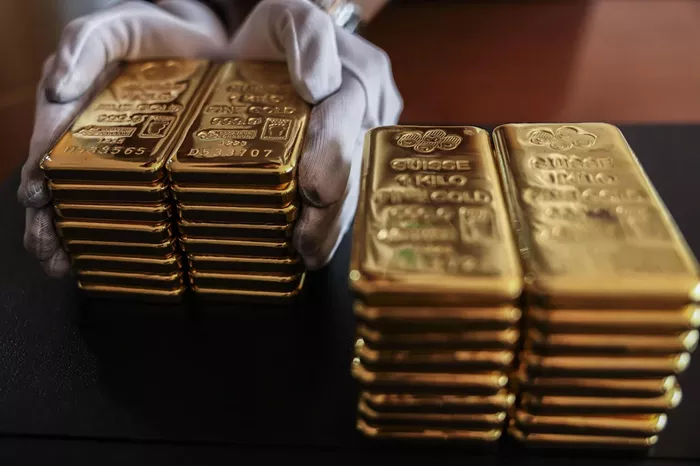Asian stock markets were mixed on Friday, with Chinese technology stocks leading gains, while most other Asian indices saw declines.
Japan’s Nikkei 225 index fell nearly 0.44%, reaching 38,893.65 in early trading. Australia’s S&P/ASX 200 slipped by 0.04% to 8,517.20, while South Korea’s Kospi declined 0.23% to 2,530.79. In contrast, Hong Kong’s Hang Seng surged 1.35%, closing at 31,173.35, and the Shanghai Composite rose by 1.33%, ending the day at 3,314.29.
Chinese tech stocks listed in Hong Kong saw a notable rally, spurred by renewed interest following the release of AI models by DeepSeek, which has helped lift the outlook for Chinese technology companies. Xiaomi’s shares climbed 5.67%, reaching 42.85 Hong Kong dollars, while Alibaba gained 1.47%, trading at 100 Hong Kong dollars. Tencent, the country’s largest video game company, saw a 1.90% increase, reaching 428.40 Hong Kong dollars.
Meanwhile, Japan’s Nikkei index may face further pressure due to the strengthening yen. A significant rise in January household spending has heightened expectations for additional rate hikes from the Bank of Japan. Yeap Jun Rong, market strategist at IG, pointed out that both headline and core inflation have accelerated over the past two months, reinforcing the case for more policy interventions to curb rising prices.
Across the Pacific, U.S. markets showed mixed results on Thursday, with the S&P 500 rising by 0.36%. The Dow Jones Industrial Average dropped by 0.28%, and the Nasdaq Composite increased by 0.51%.
Investors are also grappling with the ongoing uncertainty surrounding U.S. President Donald Trump’s tariffs. After signing executive orders to impose a 25% tariff on Mexico and Canada, fears of a global trade war have slightly eased after both countries were granted a 30-day reprieve. This raised hopes that tariffs may be used more as a negotiating tool rather than a long-term policy. However, Trump has proceeded with 10% tariffs on Chinese goods, to which China has retaliated by imposing tariffs on U.S. coal, liquefied natural gas products, crude oil, agricultural machinery, and large-engine cars. Additionally, China launched an antitrust investigation into Google and placed two other companies on its unreliable entity list.
In energy markets, U.S. crude oil prices rose by 30 cents, reaching $70.91 per barrel, while Brent crude, the international benchmark, gained 34 cents, settling at $74.63 per barrel.
In currency markets, the U.S. dollar edged up to 151.55 Japanese yen, compared to 151.35 yen. The euro slipped slightly to $1.0379 from $1.0383.
Related topics:
- India Surpasses China in Gold Purchases, Buying 51% More in Three Months
- Gold Rates Skyrocket in Chennai on Diwali, 24K Gold Exceeds Rs. 81,000 Per 10 Grams
- Gold and Silver Prices Rise Across India on January 13, 2025


